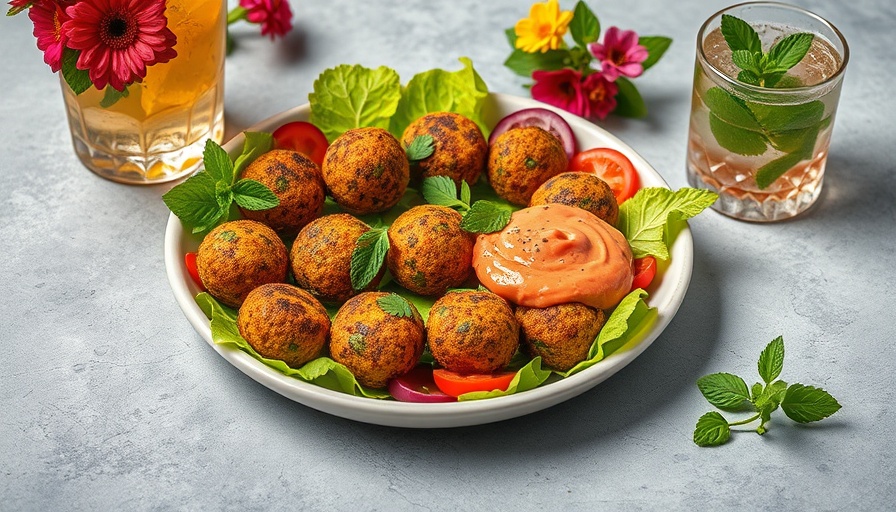The Great Oil Debate: Are Seed Oils Really Harmful?
In recent years, a heated debate has emerged surrounding the safety and health implications of seed oils, often seen as ubiquitous staples in modern kitchens. Urban professionals navigating the landmines of dietary choices might find themselves entangled in this controversy, propelled by sensational claims that label vegetable oils as "toxic sludge" or even "the biggest cause of chronic disease." But where does the truth lie?
Understanding What Seed Oils Are
Vegetable oils, commonly referred to as seed oils, derive their fat content from the seeds of plants. This includes canola oil, corn oil, safflower oil, sesame oil, sunflower oil, soybean oil, and grapeseed oil. These oils have become mainstays in the grocery aisles, yet their journey from field to table is far from straightforward. Unlike olive or avocado oils, which can be easily extracted from their fatty fruits, seed oils require an extensive and complex multi-step process for oil extraction, often compromising their nutritional integrity.
The Extraction Process: A Closer Look
To illustrate the contrast, consider how olive oil is made: the fruit is crushed, and oil is easily pressed out due to the high fat content. Conversely, seed oils originate from plants with negligible fat, necessitating a labor-intensive extraction method that includes crushing, refining with solvents, and deodorizing. This process can strip away beneficial nutrients and introduce unwanted trans fats into the mix. Here's how it unfolds:
Crushing: High pressure is applied to extract the oil.
Refining: Heat and solvents help separate the oil, but at the cost of nutrients.
Deodorizing: To neutralize flavors and remove impurities, oils are subjected to high temperatures.
The concern here is the transformation of healthy fats into less desirable compounds during processing, raising questions about the long-term health impacts of consuming these oils.
The Health Debate: Butter vs. Vegetable Oils
The discussion around seed oils has prompted comparisons to traditional fats like butter, with advocates arguing that the historical consumption of animal fats may be a healthier choice. Critics of seed oils often cite links to obesity, depression, and other chronic conditions, suggesting that the rise in vegetable oil popularity parallels an increase in these health issues. On the flip side, proponents argue that seed oils, rich in polyunsaturated fats, can help lower cholesterol and support cardiovascular health.
So, which side should urban professionals believe?
Dissecting the Claims: What Science Says
Unfortunately, like many nutrition topics, the science does not lend itself to black-and-white conclusions. Research shows that while excessive consumption of seed oils—particularly in their highly processed forms—may lead to health risks, moderate use can still fit within a balanced diet, especially when integrated with other healthy fats like olive oil and avocados. For those concerned about inflammation and health risks associated with trans fats, choosing cold-pressed or minimally processed oils is a preferable strategy.
Practical Tips for Choosing Oils Wisely
Navigating the complexities of cooking oils can be daunting, but here are some actionable insights for making informed choices:
Opt for Whole Foods: Whenever possible, incorporate whole food sources of fats—like avocados, nuts, and seeds—over processed oils.
Investigate Oil Sources: Research brands and sources of oils to find those that align with your health goals, prioritizing cold-pressed and organic options.
Diversify Your Fats: Don’t rely solely on one type of oil; incorporating a variety of fats can provide a broader range of nutrients.
In conclusion, the great oil debate is not as cut-and-dry as some may claim. By applying critical thinking and integrating evidence-based findings, urban professionals can discern the best choices for their health.
 Add Row
Add Row  Add
Add 





 Add Row
Add Row  Add
Add 

Write A Comment